
[image caption]
About the Berkeley Center for Ocean Futures
The Berkeley Center for Ocean Futures (BeCOF) is a collective of researchers dedicated to understanding and mitigating critical threats to ocean health, as well as generating ocean-based solutions for human communities. We serve as a globally and locally significant hub of marine expertise, spanning natural and social science, engineering, policy and communication at one of the world’s top public universities. Through community partnerships and diverse knowledge systems, we aim to drive place-based ocean solutions ranging from coastal and estuarine systems to the high seas.
We're here to connect you to the ocean!
To inquire about how you can get involved in the Berkeley Center for Ocean Futures or support our work, please contact us at oceanfutures@berkeley.edu.
Undergraduates, Graduates, and Postdoctoral fellows: If you are interested in research opportunities, please contact People directly.
Co-Directors
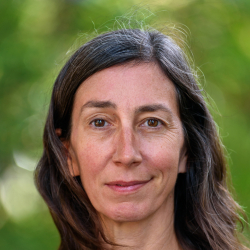
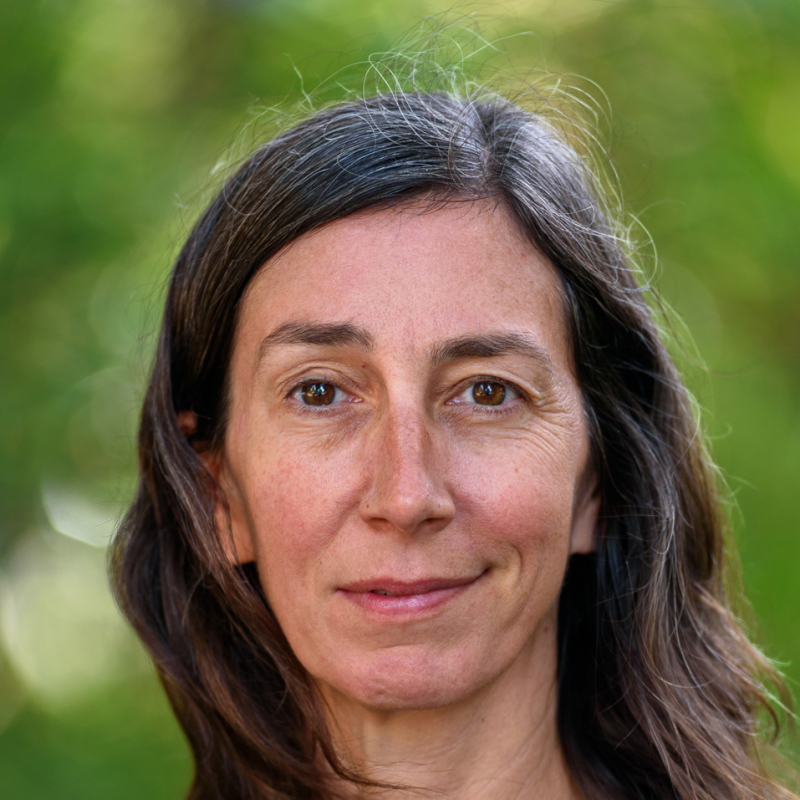
Adrienne Correa
Community ecology; environmental virology and microbiology; coral reefs; symbiosis; trophic transmission.
Adrienne Correa studies how microorganisms influence the health and resilience of marine ecosystems and strives to make these systems more accessible to all through hands-on teaching and outreach. Correa earned her bachelor’s degree in biology from the University of Michigan and completed her M.A. in conservation biology and her Ph.D. in ecology and evolution at Columbia University in New York. After a postdoc at Florida International University, Correa spent five years as a Lecturer in the biosciences department at Rice University in Houston, Texas. In 2017, Correa transitioned to an assistant professor role at Rice, then moved her lab to the Department of Environmental Science, Policy, and Management at the University of California, Berkeley in 2023. Correa served as a Research seat on the Flower Garden Banks National Marine Sanctuary Advisory Council for seven years (2015 - 2022), was named FGBNMS Volunteer of the Year in 2023, and is now an Education Seat for the Cordell Bank National Marine Sanctuary Advisory Council. Correa is the recipient of an NSF Career award, a Kavli Frontiers of Science fellow and a National Academy of Sciences Gulf Coast Research Program Early-Career fellow.
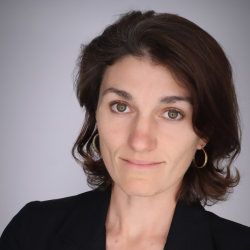
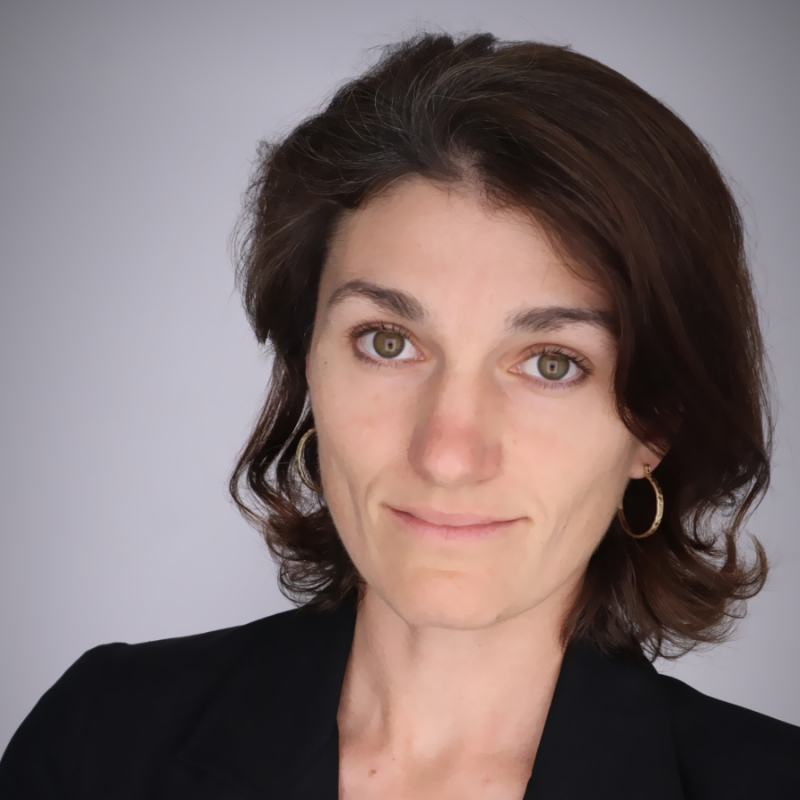
Rachel Carlson
Rachel Carlson is an interdisciplinary coastal ecologist who studies the effects of climate change on nearshore organisms and human livelihoods. She combines approaches from spatial ecology (geospatial science) and ocean governance to identify just and equitable strategies for increasing coastal resilience under climate change. Dr. Carlson leads the Coastal Climate Resilience lab as an Assistant Professor in the UC Berkeley Department of Environmental Science, Policy, and Management. Prior to joining Berkeley, she earned a PhD in Environment and Resources at Stanford University, where she conducted research on coral resilience to heatwaves, and was a Chancellor’s Postdoctoral Fellow at Bodega Marine Lab. Dr. Carlson is active in environmental policymaking and has worked with government agencies in Sénégal, Ireland (European Union), the Northern Mariana Islands, and communities across the United States. She served as an Environmental Protection Specialist at the US EPA in Washington, DC where she earned an agency Gold Medal for Exceptional Service and led multi-agency partnerships and geospatial analysis to combat flood risk and harmful algal blooms. Dr. Carlson has a Bachelor’s in English with a concentration in postcolonial literature (Rice University), Master’s in Civil and Environmental Engineering (Rice University), and Master’s in International Politics (Trinity College, Dublin). She is an advocate for community-engaged research and believes that research has a responsibility to address societal needs.
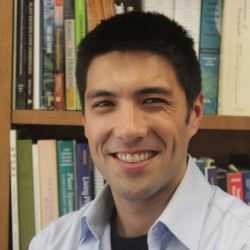
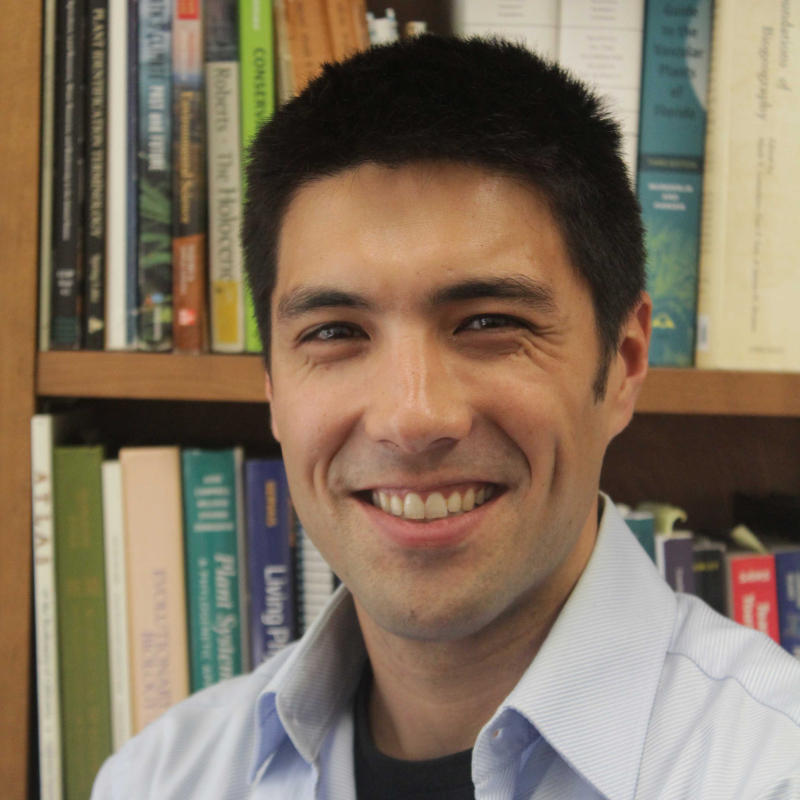
Dan Okamoto
Dan Okamoto (he/him/his) is an assistant professor of Global Change Biology in the Department of Integrative Biology at the University of California, Berkeley. He is a statistician, modeler, and field ecologist. He works on how trophic interactions, climate, and fishing combine to affect dynamics of populations and communities, especially species like sea urchins, kelp, abalone, and forage fish. He enjoys working with communities and environmental managers to make fisheries and conservation more sustainable, productive, and equitable. He is a 2022 Pew Fellow in Marine Conservation. He received his PhD from UCSB, a masters in Fisheries from the University of Alaska Fairbanks, and undergraduate degree from the University of Washington, and worked as a post-doctoral researcher at Simon Fraser University, the Hakai Institute, and at Florida State University.
Place-based Coordinators
Moorea (French Polynesia): Neil Davies (ndavies@berkeley.edu)
San Francisco Bay: Dan Okamoto (dkokamoto@berkeley.edu)


